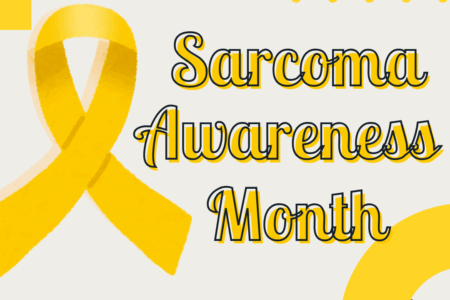
Share On Social!
San Antonio researchers are developing a bilingual, culturally relevant phone app and navigation services to help local breast cancer patients stick with their prescribed therapy.
The one-year, $200,000 study, led by Dr. Amelie G. Ramirez of the University of Texas Health Science Center at San Antonio and funded by Susan G. Komen, will recruit 120 breast cancer patients at the Cancer Therapy and Research Center who are receiving endocrine hormonal therapy.
Endocrine hormonal therapy is the most widely prescribed treatment for about three-fourths of all breast cancer cases. Many patients fail to take their medication as prescribed, and face higher risk of cancer recurrence.
For the study, half the women will get access to the app and a patient navigator, who would help with education, social support, translation, transportation, and other services.
The other half will receive usual care.
The study team expects women who use the app and navigation to more closely adhere to endocrine hormonal therapy, as well as increase self-care skills, than the other group.
“We believe this intervention will not only improve breast cancer survival rates and quality of life among local women, but also will provide a system that can be replicated for broad use among patients using oral anticancer agents in other areas, too” said Ramirez, study leader and chair ad interim of the Department of Epidemiology and Biostatistics and director of the Institute for Health Promotion Research (IHPR) at the Health Science Center.
About 75% of the 300,000 new breast cancer cases a year are “hormone receptor-positive.” Adjuvant endocrine hormonal therapy is highly effective and appropriate for nearly all women with these types of tumors.
Successful therapy completion is proven to boost survival rates.
However, about 33% of women who are prescribed endocrine hormonal therapy do not take their medication as prescribed.
“These women have a bigger risk of cancer recurrence and death—and that’s why our new app is designed to help them stick with their therapy plan,” Ramirez said.
The research team, including Dr. Patricia Chalela, a researcher at Dr. Ramirez’s IHPR, is currently scheduling small group discussions among local breast cancer survivors to help guide content development for the new app and navigator services. For information, contact the team at 210-562-6500.
The app is expected to be fully bilingual, culturally relevant, and interactive.
It will be programmed with assistance from study investigator Dr. David Akopian, professor of electrical and computer engineering at UT San Antonio.
“We’re excited to engage local survivors, patients, and programmers in creating something that can be widely applied across many regions to improve cancer survival rates,” Ramirez said.
Explore More:
AccessBy The Numbers
25.1
percent
of Latinos remain without health insurance coverage



